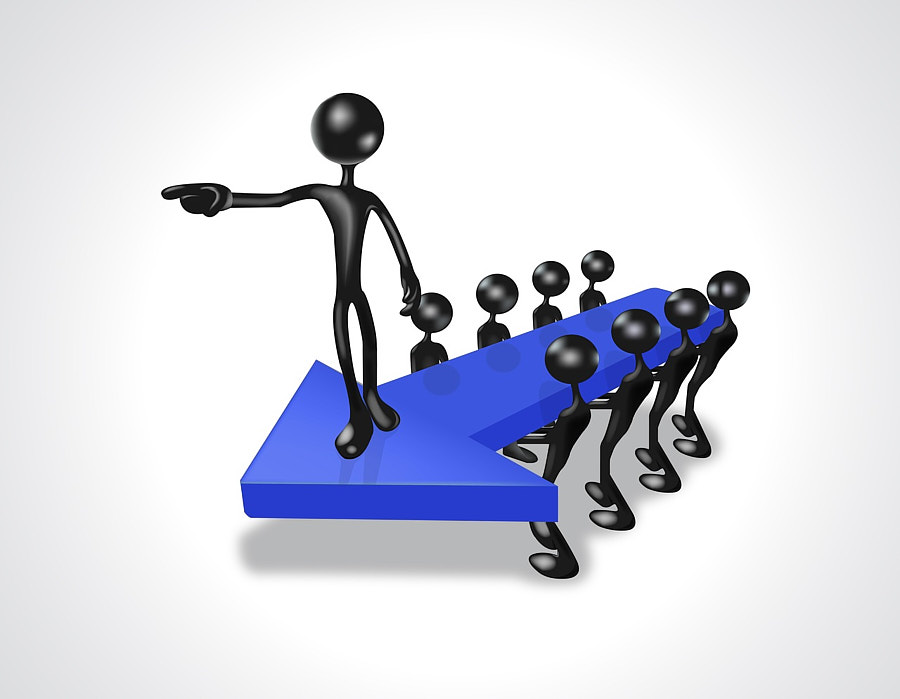Creative ideas for incentives for sales teams: how to increase motivation and sales
There are many creative ways to motivate your sales team beyond traditional monetary incentives. By offering public recognition, flexibility, opportunities for professional development, team-building activities, and personalized benefits, you can create a culture of motivation and engagement that drives your team to achieve more.
Key Insights
- Public recognition can significantly boost motivation.
- Flexibility and work-life balance are crucial for employee satisfaction.
- Professional development and training enhance engagement and performance.
- Team-building activities strengthen cohesion and collaboration within the team.
- Personalized benefits and rewards can increase individual motivation.

Contents
- Public Recognition as a Motivational Factor
- Promoting Flexibility and Work-Life Balance
- Professional Development and Training
- Team-Building Activities to Strengthen Cohesion
- Personalized Benefits and Rewards
- Measuring and Analyzing the Success of Incentive Programs
- Conclusion
- Frequently Asked Questions
Public Recognition as a Motivational Factor
Public recognition is one of the best and most effective ways to acknowledge proper behavior and boost morale. Recognition is free and can still have a tremendous impact on motivation and team cohesion. The best companies worldwide consistently implement this in their sales teams.
Praise and Awards within the Team
Everyone likes to be recognized for their hard work, and salespeople are no exception. Consider creating an "Employee of the Month" program or highlighting top performers in a company-wide newsletter. This type of recognition not only motivates the recognized individual but also creates healthy competition among team members.
Publication of Achievements in Company Media
Achievements should not remain hidden. Use company media such as newsletters, intranet, or social media to share individual accomplishments. This not only boosts employees' pride but also shows others that their hard work is noticed and appreciated.
Recognition by Leadership
Recognition from leadership holds special significance. A simple "thank you" or personal praise can work wonders. Leaders should regularly highlight their employees' achievements and acknowledge them publicly. This strengthens trust and the bond between employees and leaders.
Public recognition in your team is incredibly simple and costs almost nothing. For the rewarded employee, this moment feels like great appreciation and can significantly boost motivation.
Promoting Flexibility and Work-Life Balance
In today's fast-paced world, employees value flexibility more than ever. By using modern technologies and the flexibility of new work environments, it is possible to better balance work and personal life. This can be especially effective for employees with families or those with long commutes. By offering this type of incentive, you can improve the work-life balance and create a happier and more motivated team.
Flexible Working Hours
Flexible working hours allow employees to adjust their work schedule to their personal needs. This can be especially helpful for parents who need to take their children to school or employees with long commutes. A flexible work schedule can increase productivity and employee satisfaction.
Organizing an award ceremony?
See our trophy catalog
Home Office Options
If your business model allows for a flexible workplace and employees do not need to be physically present, offer them the option to work from anywhere in the world. This enables a much better balance between work and personal life and is especially important for people with families. Home office options can also reduce office space costs and the environmental impact of commuting.

Additional Vacation Days
Another way to promote work-life balance is to grant additional vacation days. Employees who achieve their goals or deliver exceptional performance can be rewarded with extra days off. This not only shows appreciation for their hard work but also gives them the opportunity to rest and recharge.
A balanced work-life ratio is crucial for long-term employee satisfaction and productivity.
Professional Development and Training
Professional development and training are critical factors in boosting the motivation and success of sales teams. Many salespeople are motivated by the opportunity to learn and grow professionally. This benefits not only the employees but also the company by improving the team's skills and knowledge.
Individual Development Plans
A tailored development plan helps each employee achieve their professional goals. These plans should be reviewed and adjusted regularly to ensure they meet current needs and goals.
Access to Training and Courses
Companies can offer their top employees paid training and online courses. This allows employees to continuously expand their skills and stay up-to-date. Education holds high value in our society and can be used as an additional benefit for recruitment.
Mentoring Programs
Mentoring programs provide an excellent way to share knowledge and experience within the company. Experienced employees can act as mentors and support younger or less experienced colleagues. This not only promotes knowledge exchange but also strengthens team cohesion.
Training opportunities in the home office: This is how you increase employee satisfaction in the customer service team.
Team-Building Activities to Strengthen Cohesion
Team-building activities are crucial for promoting team spirit and improving collaboration. They offer a welcome break from the daily routine and can significantly boost team morale and communication.
Personalized Benefits and Rewards
The personalization of rewards and incentives is a key strategy for increasing the motivation and retention of sales teams. By offering rewards and incentives that match the preferences, needs, and goals of your employees, you can build a more meaningful and engaging relationship with them.
Individual Bonuses and Gifts
Every employee is different, and what motivates one person may not motivate another. Consider offering personalized incentives such as a gym membership, a massage, or a gift card to a favorite restaurant. By taking the time to understand what motivates each individual, you can create a more effective incentive program that drives results.
Exclusive Discounts and Offers
Tailoring rewards to the preferences and behaviors of individual employees can strengthen their loyalty. For example, a company can offer exclusive discounts on products or services that match the interests or needs of employees. This creates a more memorable and distinctive experience.
Health and Wellness Programs
Health and wellness programs are a great way to promote employee motivation and well-being. Consider offering programs tailored to the individual needs and preferences of employees, such as yoga classes, nutrition counseling, or stress management workshops.
In this section, we will explore some of the benefits and challenges of personalizing rewards and incentives and offer some tips and best practices.

Measuring and Analyzing the Success of Incentive Programs
Metrics and KPIs
To ensure the success of your sales incentive program, you need to measure and evaluate its effectiveness. Use data analytics to track performance metrics and measure the impact of your program on sales success. Key metrics include:
- Revenue Increase
- Profit Margins
- Return on Investment (ROI)
- Customer Satisfaction
- Employee Retention
Feedback and Surveys
Another important aspect is gathering feedback and conducting surveys. This allows you to hear directly from your team which incentives are most effective and which areas can be improved. Regular surveys and feedback rounds are essential to capture the team's mood and motivation.
Adjustment and Optimization
Based on the collected data and feedback, you should continuously adjust and optimize your incentive program. Test variations of your incentives to determine the best combination that achieves your goals. Constant optimization ensures that your program remains relevant and motivating.
Regularly reviewing and adjusting your incentive program is key to sustainable success and high motivation within the team.
Conclusion
There are many creative ways to motivate your sales team beyond traditional monetary incentives. By offering public recognition, flexibility, opportunities for professional development, team-building activities, and personalized benefits, you can create a culture of motivation and engagement that drives your team to achieve more. A well-thought-out incentive system that addresses the individual needs and motivations of team members can not only boost performance but also increase employee satisfaction and loyalty. Ultimately, this leads to higher revenue and a stronger, more engaged team.
Frequently Asked Questions
Why are non-monetary incentives important for sales teams?
Non-monetary incentives such as recognition and personal growth opportunities can often motivate salespeople more effectively than money. They provide a sense of purpose and meaning, leading to higher motivation and better performance.
How can public recognition boost motivation?
Public recognition, such as praise and awards within the team or the publication of achievements in company media, can boost employees' self-esteem and motivate them to continue delivering excellent performance.
What are the benefits of flexible working hours for sales teams?
Flexible working hours allow employees to achieve a better work-life balance. This can lead to higher satisfaction and productivity, as employees can better align their work with their personal lives.
What are the advantages of team-building activities?
Team-building activities such as joint events, workshops, and sports activities strengthen team cohesion. They promote collaboration and trust among team members, positively impacting team performance.
How can companies measure the effectiveness of incentive programs?
Companies can measure the effectiveness of incentive programs by analyzing metrics and KPIs, gathering feedback and surveys, and continuously adjusting and optimizing the programs.
What role does professional development play in motivating sales teams?
Professional development, such as individual development plans, access to training, and mentoring programs, provides employees with opportunities to expand their skills and advance their careers. This can significantly boost employee motivation and engagement.
Organizing an award ceremony?
See our trophy catalog






